Christianity: A Cause of Modern Science
Christianity: A Cause of Modern Science
Christianity: A Cause of Modern Science
- No tags were found...
You also want an ePaper? Increase the reach of your titles
YUMPU automatically turns print PDFs into web optimized ePapers that Google loves.
24Galileo, Hooke, Kepler, Torricelli, Boyle, Newton, and others, Europe's sciencetook a vast qualitative leap, but we should not overlook its origins and thesemen's predecessors in the Middle Ages.THE MERTON THESIS STATEDNow Merton's thesis does not claim as much for <strong>Christianity</strong> as the Duhem-Jakithesis does, for the former merely sees seventeenth century Puritan ethicalvalues as being conducive to engaging in scientific endeavors. One partial critic<strong>of</strong> Merton's thesis pointed out how some values <strong>of</strong> Puritanism opposed scienceeven as some promoted it:If seventeenth-century science grew in harmony with Puritan values <strong>of</strong> utility,reason, empiricism, and the glory <strong>of</strong> God, it also grew by distancing its activitiesand goal from other values or sentiments displayed by Puritanism: intolerance,dogmatism, enthusiasm.Also, since Merton is a sociologist, he is approaching science through itsrelationship to the rest <strong>of</strong> society, which is an externalist approach, instead <strong>of</strong>looking at science from inside its own history.Merton lists various values that helped promote science among PuritanEnglishmen in the seventeenth century. One is to glorify God and serve Himthrough doing activities <strong>of</strong> utility to the community as a whole, as opposed to thecontemplative, monastic ideal <strong>of</strong> withdrawal from the community. Through "thedrive for the conviction <strong>of</strong> one's election, . . . the Calvinistic doctrine <strong>of</strong>predestination escapes any drift toward an apathetic pessimism." Throughemphasizing a vocation (again, something useful to the community as a whole)this created diligence, industry, and hard work in Puritans. As the Quaker leaderBaxter put it: "No: no man should do so without a special necessity or call: forthere are general precepts on all that are able, that we live to the benefit <strong>of</strong>others, and prefer the common good, and as we have opportunity do good to allmen." The result is the individual chooses the vocation that is best suited for hisabilities. Reason and education were both praised, the latter needing to bepractical in nature, not highly literary in content, and definitely not consisting in




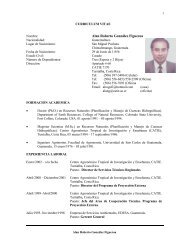
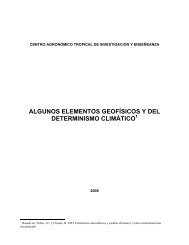
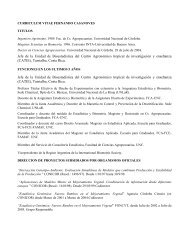
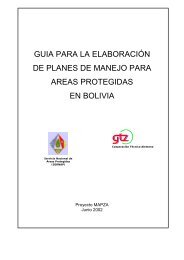
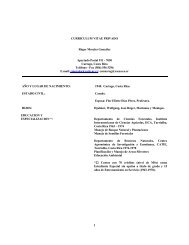
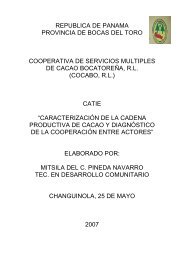
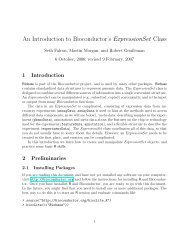
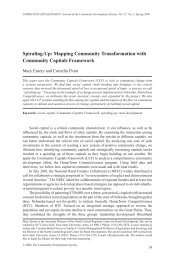

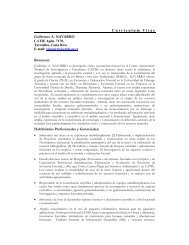

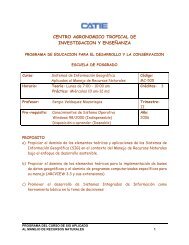
![Tratamientos y MD_2009 [Modo de compatibilidad].pdf - Catie](https://img.yumpu.com/49175499/1/190x134/tratamientos-y-md-2009-modo-de-compatibilidadpdf-catie.jpg?quality=85)